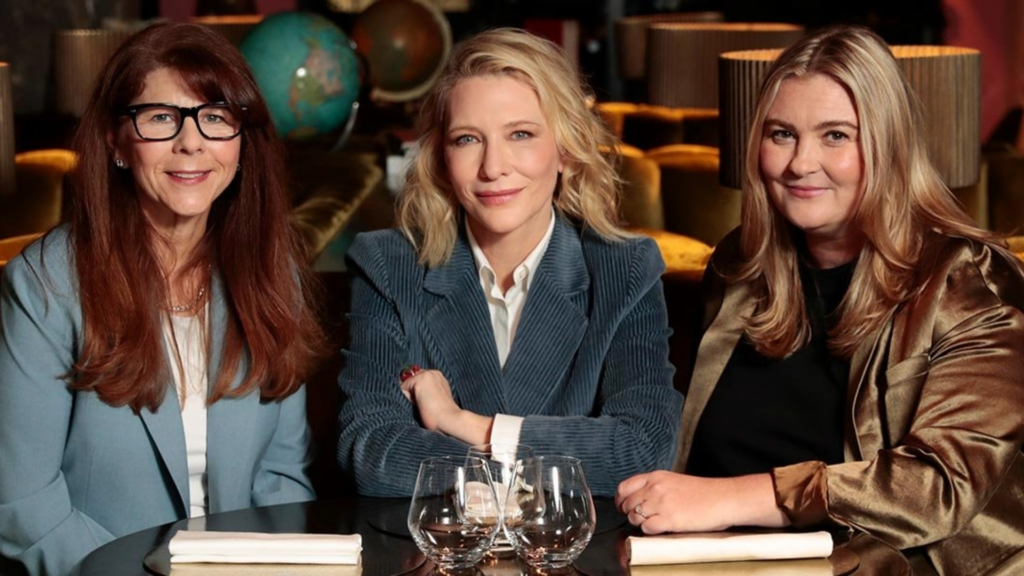Cate Blanchett launches program to aid women, trans and non-binary directors
The top 100 movies of the last 15 years have only had gender non-binary and 12 transgender speaking parts, a think tank report says
By Dale Fox

Cate Blanchett has launched a program to help women, trans and non-binary directors bring their stories to the big screen.
Blanchett started the Proof of Concept Accelerator Program at the University of Southern California in Los Angeles with her production company Dirty Films, she told People.
The Tár actor said her own recent experience on set motivated the program. She realised “I was not only the only woman in front of the camera; I was the only woman on set.”
The program will select up to eight filmmakers. Each will receive one-on-one mentorship from industry leaders. Blanchett’s Dirty Films co-founder Coco Francini said a key focus when making the program was providing both guidance and community.
The need for such an initiative is clear, as there is an ongoing lack of gender diversity in Hollywood directing roles.
Limited representation of transgender and non-binary movie characters
Dr Stacy L Smith is also part of the project. She is founder of USC’s Annenberg Inclusion Initiative (ALI), a think tank studying issues of inequality in entertainment. According to a report [PDF] published recently by ALI, there has been extremely limited representation of transgender and non-binary characters in popular films of the last 15 years.
According to the report, out of over 69,000 speaking characters across 1,600 movies, only one was gender non-binary and 12 were transgender.
Blanchett said the program intends to tackle the industry’s aversion to showing “the perspectives of trans and non-binary filmmakers.” She adds: “We want to arm them with the tools to say: ‘This is not a risk. This is going to add value’.” More diversity will benefit companies commercially but also tap into “an enormous creative opportunity”.
With applications opening in January 2024, Blanchett concluded: “We are hoping to find things that we could not possibly have imagined.”
